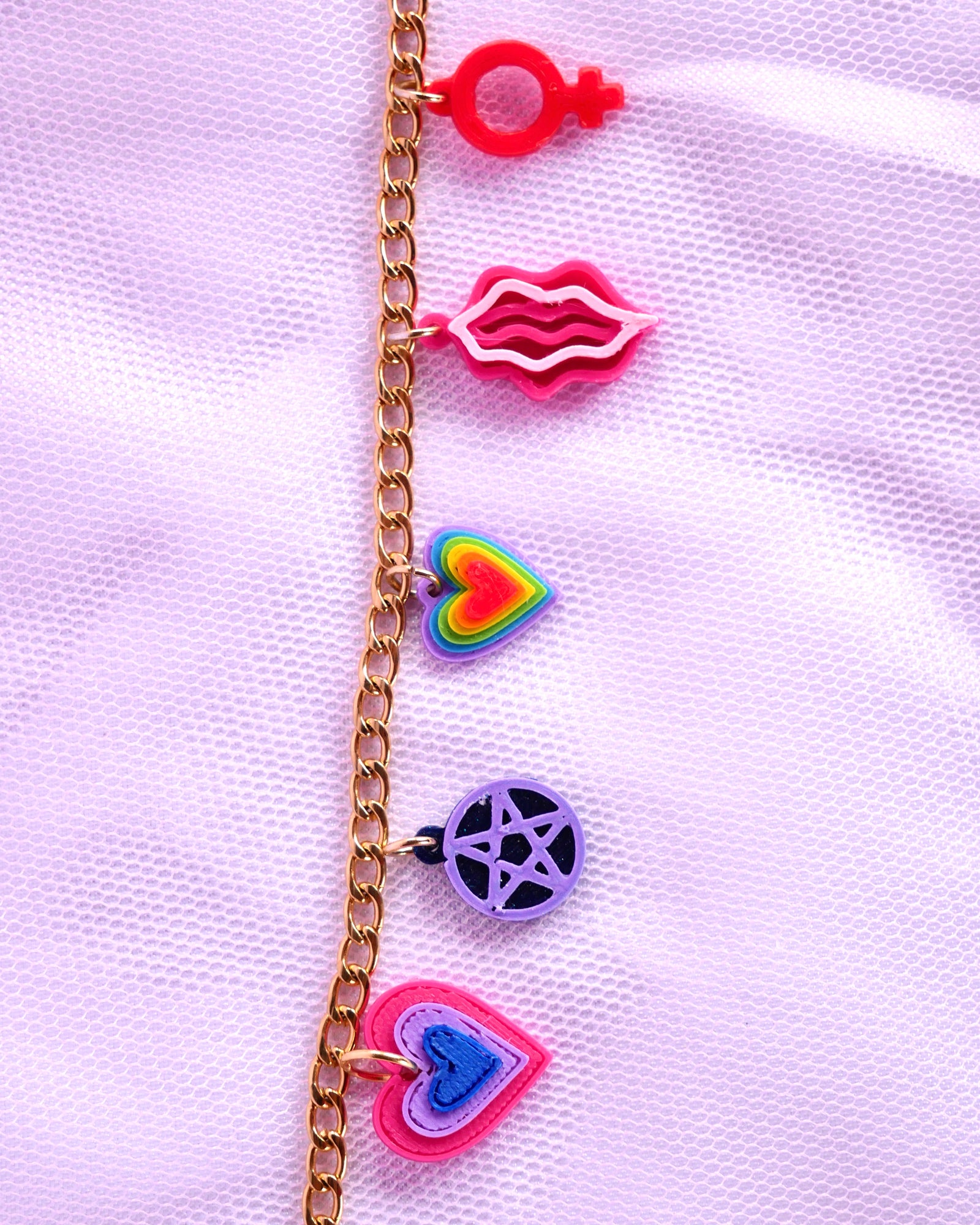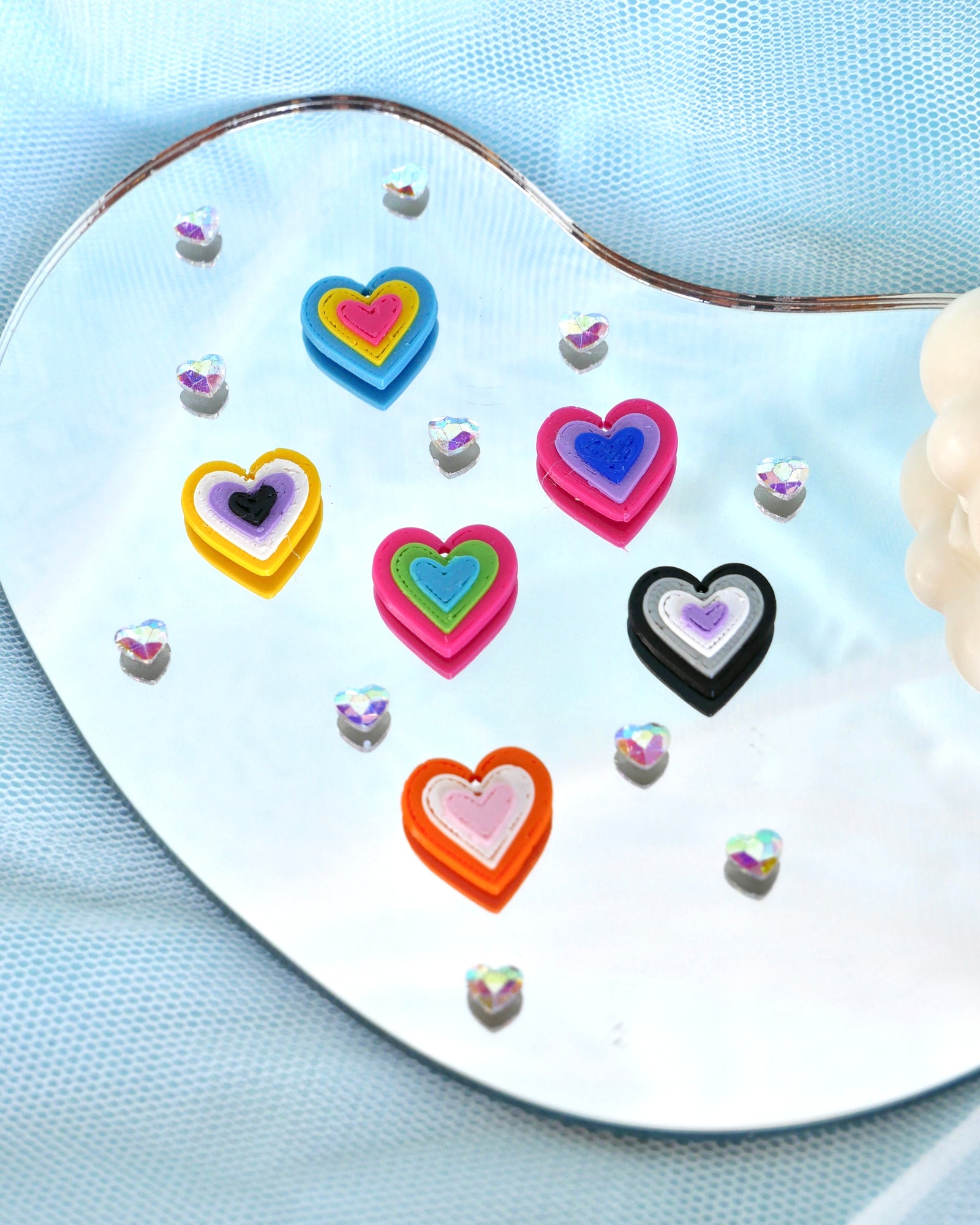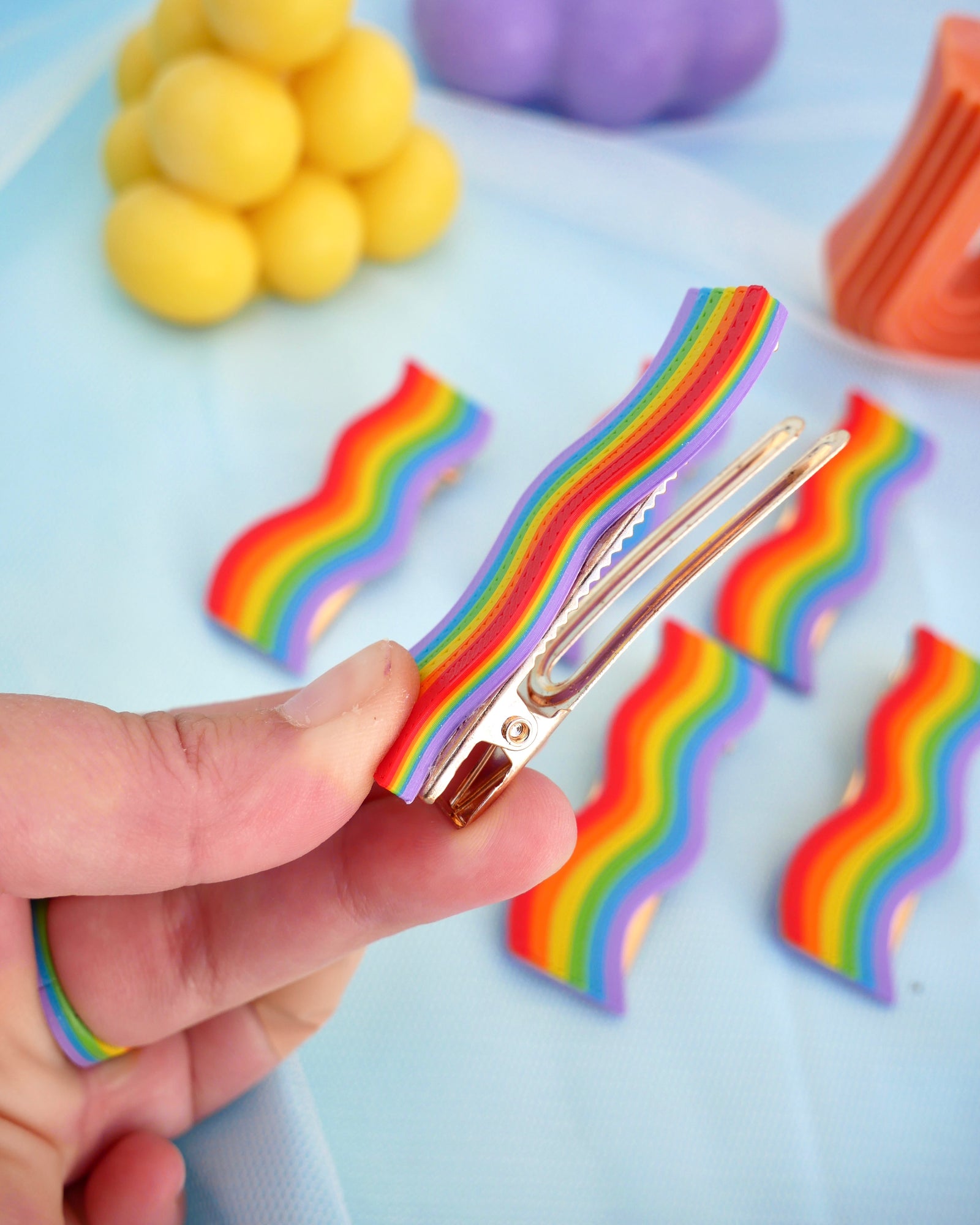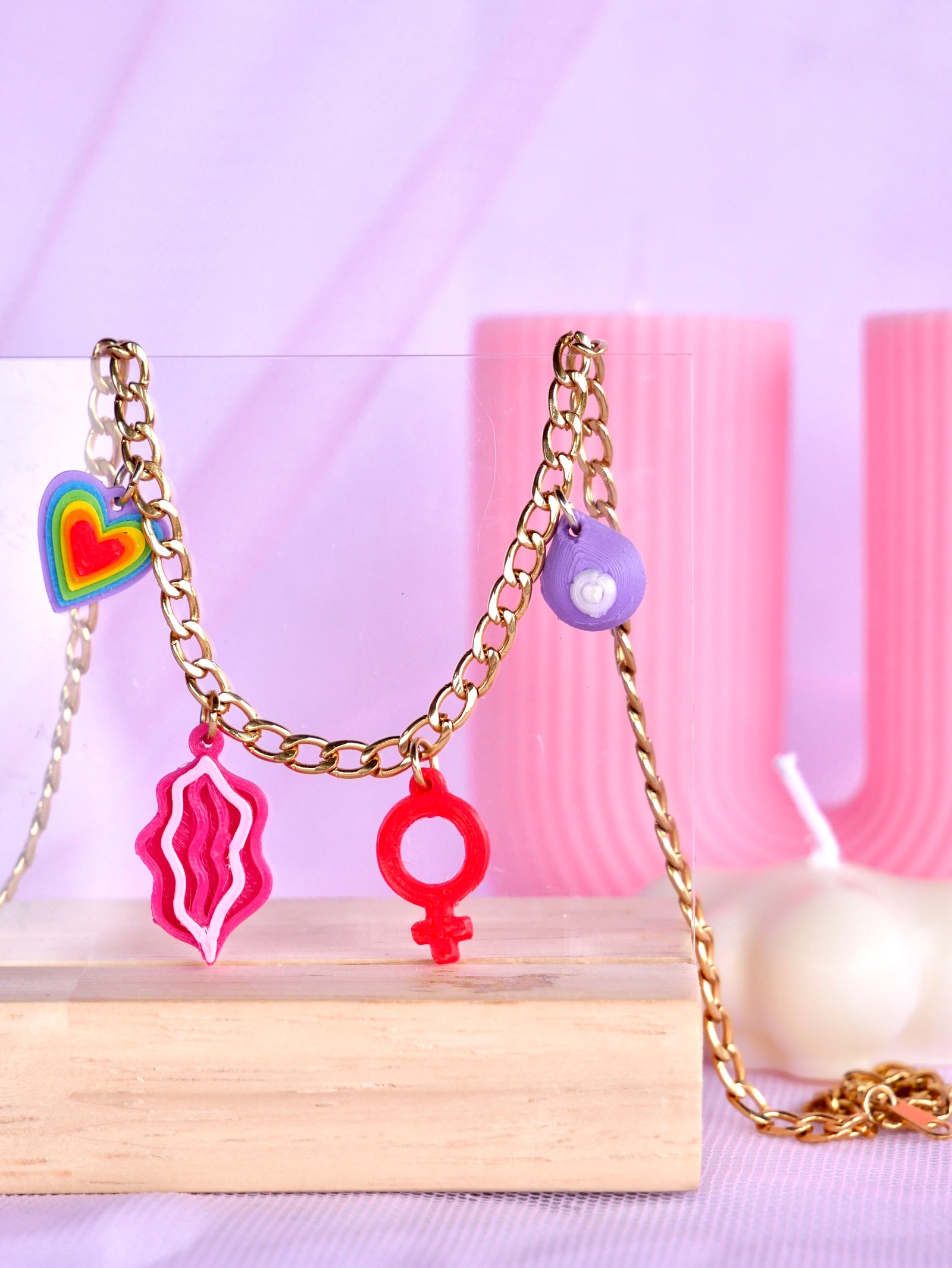LGBTQ *INTERSEX* A
February 03, 2021
Intersex the only letter within the LGBTQIA acronym that refers to someone’s sex identity (or biological sex, which means someone’s sex traits and reproductive anatomy), and not to someone’s gender identity (the gender we identify with), nor to their sexuality (who we are attracted to).
Today we’ll dip our toes in the queer pool enough to have a basic understanding of what being intersex means, but if you are craving for more detailed information, check out the end of this blog for some resources!
What does intersex mean?
Let’s begin from the definition. Intersex is an umbrella term that refers to a multitude of possible variations of a humans’ gonads, hormones, chromosomes and/or genitalia that do not fit in the boxes of “female'' or “male”. These variations are natural and in the majority of cases do not pose a threat to the person’s health or life.
Intersex traits can be noticed at birth, or emerge in puberty or later in life.
Problematic terminology
In the 1700s and 1800s intersex people used to be referred to as “Hermaphrodite” and, although some intersex groups have recently reclaimed such term, this word should not be used and is considered by most a slur. In fact, this term comes from mythology and suggests that intersex people are “not of this world” or “monsters”.
Another terminology that is discouraged is “Disorder of sex development” (DSD): it is a widely used within the medical community, but it pathologises having intersex traits and is therefore considered stigmatising and problematic.
This term can be further problematic when used by doctors in communicating to the parent’s of the intersex individual or the individuals themselves: it conveys the idea that being intersexual is a desease that needs curing, which is not the case.
Intersex Stigma
Intersex traits have been considered for decades as a disorder that has to be fixed, and this is often the way that it is portrayed to intersex people and their parents.
Many parents of children born intersex report not being explained what was really happening or being led to believe that surgery was necessary to save the baby’s life. At the same time, intersex people report not being told about their being intersex, or about the exsistence of many others like them. It is suggested to them, often implicitly through surgery on infants, that the way they were born is wrong and needs to be fixed.
In fact, when the intersex traits are appearent at birth, it is common practice to have the patient undergo surgeries when the child is under 2 years old. Basically, the doctors or parents arbitrarely “pick a sex” between male and female, have the child undergo operations to fit in the chosen box, and raise the child accordingly.
These invasive non-lifesaving intersex surgeries have the sole purpose of having the person “fit into a standard” and, despite this practice has proven to be extremely damaging to the intersex persons’ mental health, but also sexual funcion and fertility, doctors keep operating them before the intersex individual is of an appropriate age to decide for themselves.
The solution could be very simple: waiting for the intersex person to be able to choose for themselves whether they want said operations. In fact, although some variations that fall in the intersex spectrum can cause some health issues, in most cases no surgery is urgently necessary and the parents could wait until the children are able to choose for themselves.
Intersex voices
It is very clear that the core interest is currently not intersex people’s health, but their compliance to the categories humans have made up for themselves to fit into. For this reason, intersex people are fighting for representation, to be recognised as humans with varying sex identities that are on a natural spectrum, and not as a problem to be fixed. They ask to be allowed to decide for themselves and their own bodies.
But who better then some intersex people to explain this further? Here are some interesting intersex voices and sources that helped me understand and write this blog, and can help you understand better intersex people's experiences . 💖
Links
Here’s the story of Pidgeon, an intersex non binary person who underwent several non-lifesaving surgeries before they were 11 (this is the first of 4 videos).
Here you can find a more in depth look into intersex history by them. .
Susannah Temko’s TEDx Talk “A different kind of superpower: what it means to be intersex”.
This is the FAQ page of interACT, an association advocating for the human rights of children born with intersex traits.Leave a comment
Comments will be approved before showing up.
normale by Chiara
All of the blogs you can find on this website are by Chiara, the queer, disabled, transfeminist artisan behind normale.
Thank you for taking some time to read my pieces 💖
Recent Articles
-
Impostor Syndrome and Pansexuality - 3 year update
June 28, 2024
-
What *not* to do if your partner is Asexual
April 22, 2021











